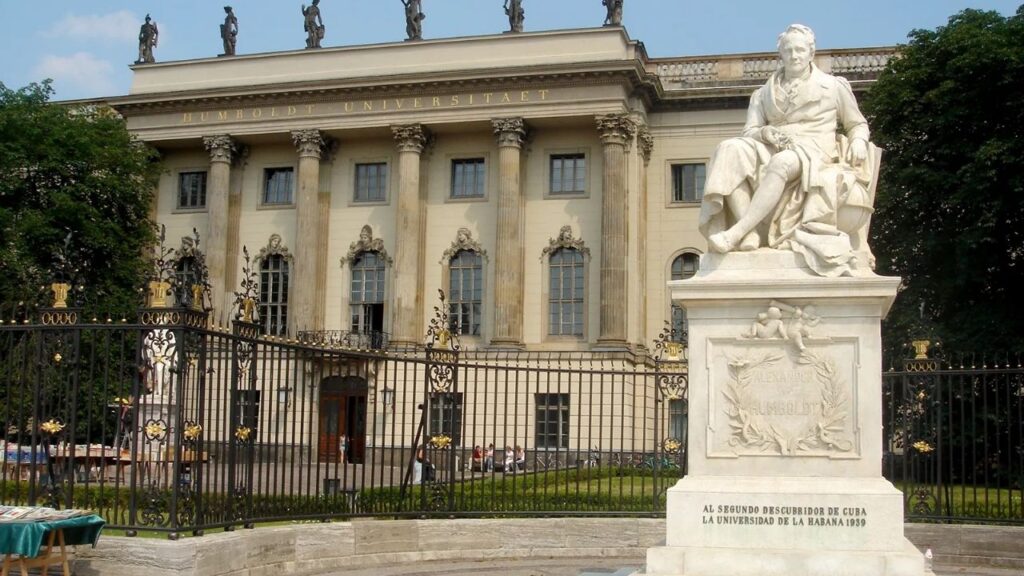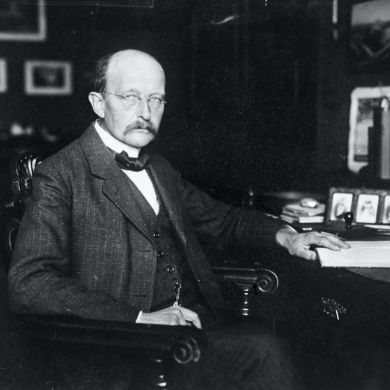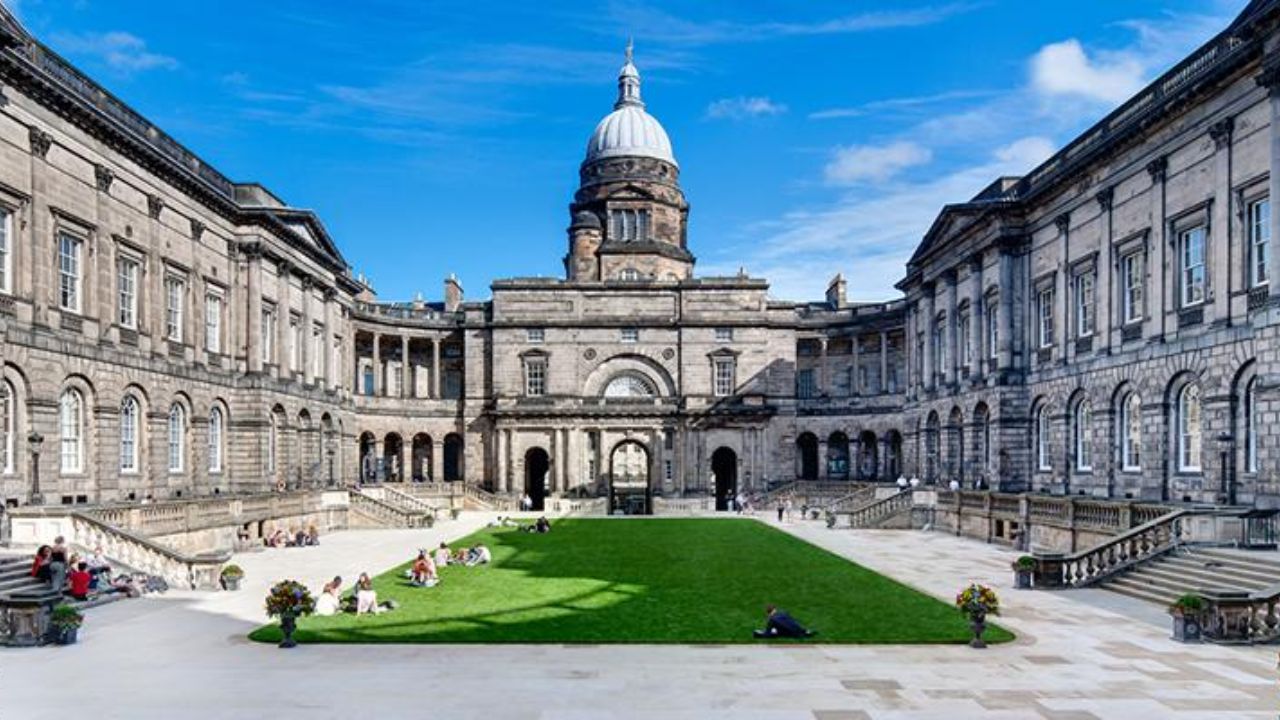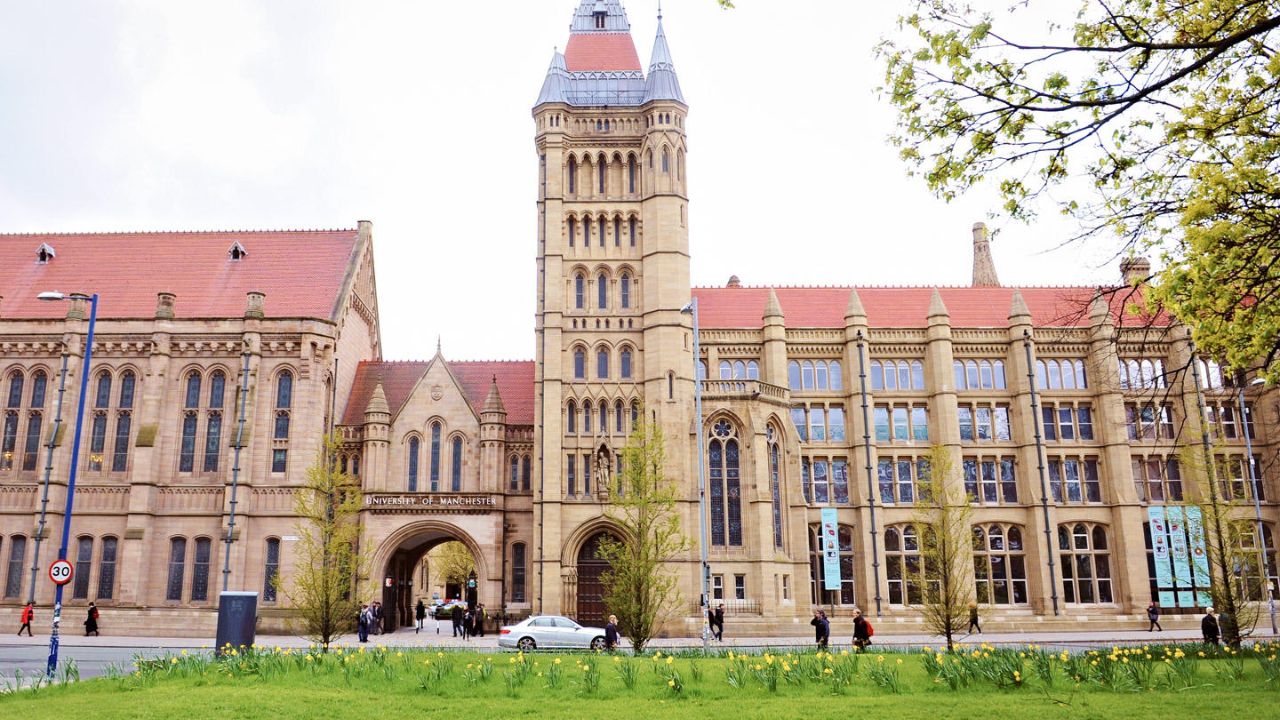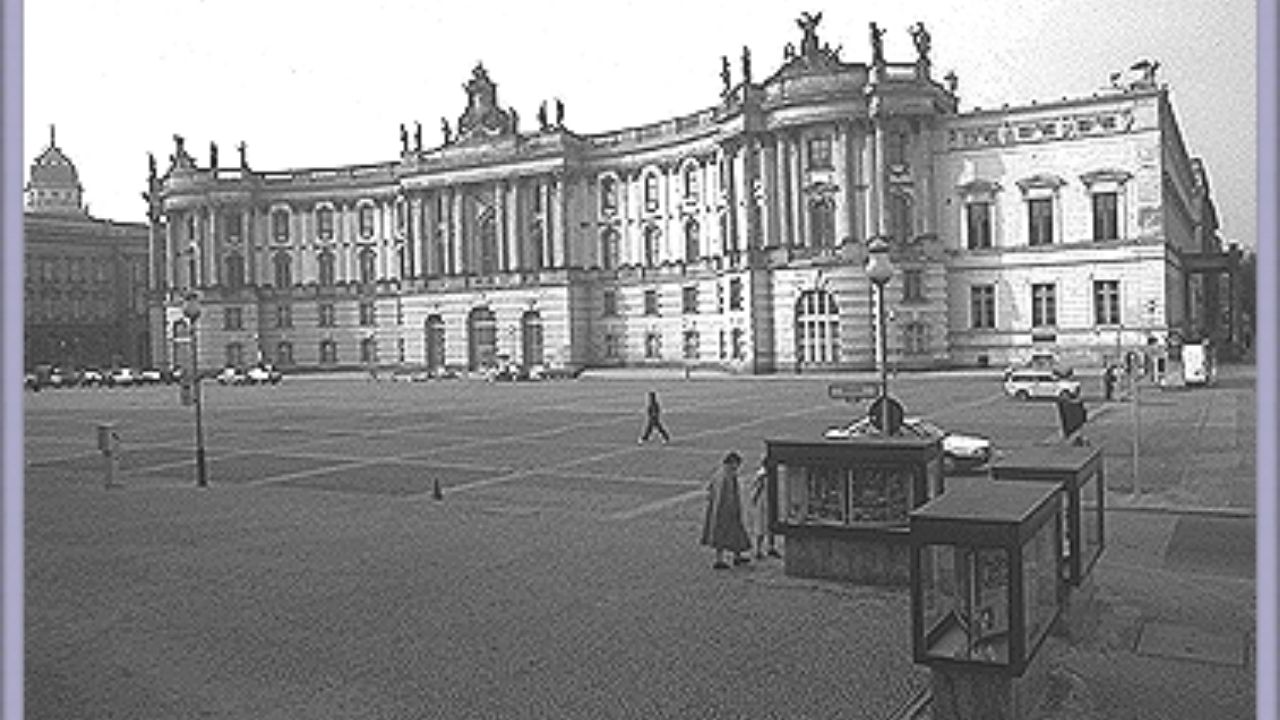
A brief history
Humboldt University of Berlin was founded in 1810 in Berlin, Germany, and was named after its founder, Wilhelm von Humboldt. The university was established with the vision of being the “mother of all modern universities” and aimed to achieve a unity of teaching and research, providing students with an all-round humanist education. The university has undergone many changes throughout its history, including a recent reformation following the Peaceful Revolution in East Germany in 1989. Today, Humboldt University of Berlin is one of Germany’s most prestigious institutions of higher education, with a long list of notable alumni and a reputation for excellence in research and teaching.


